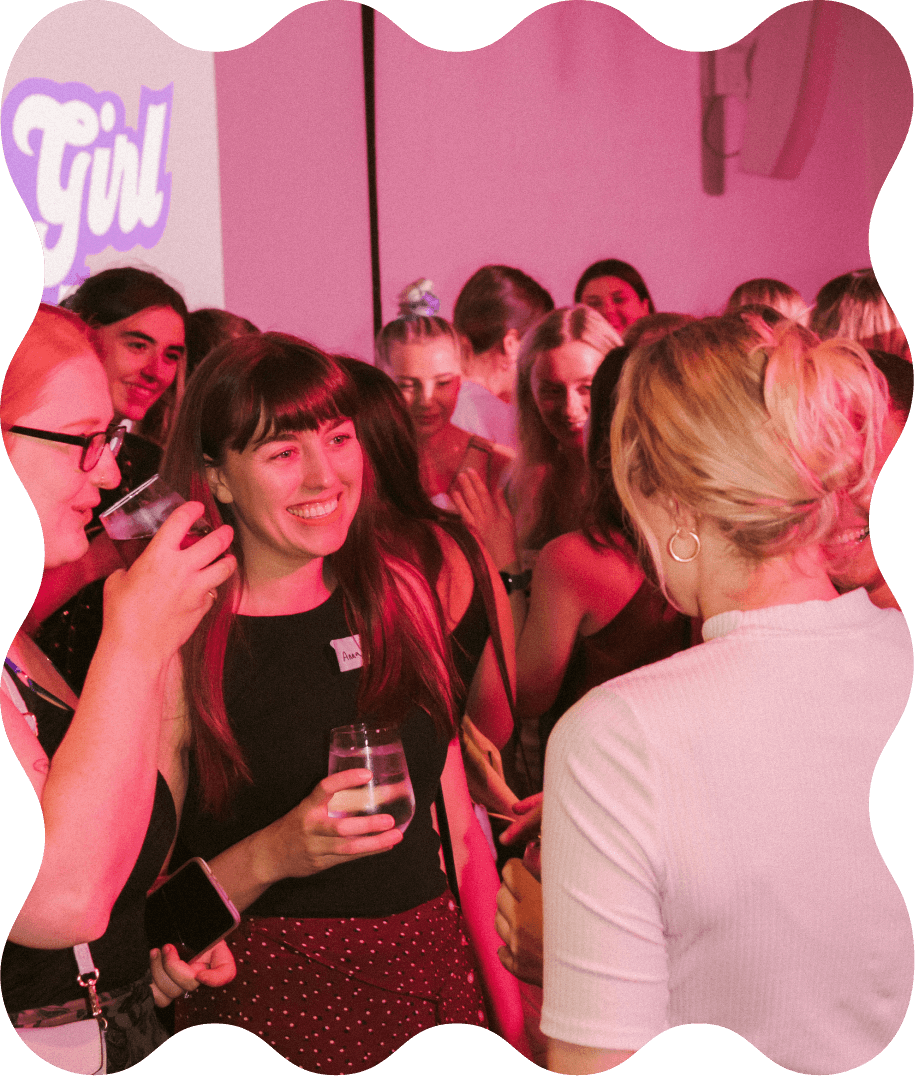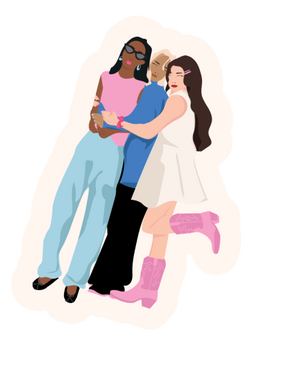I remember the first time I heard about a girl from a nearby school who got pregnant by sitting on a toilet seat. It was all the information I needed to ensure I squatted over any public loo I used. I also clearly remember being told that diet coke was the perfect post-coital contraceptive if the area is doused quickly following the deed.
I never road tested diet-coke but as I have grown in age and (hopefully) wisdom, I have come to understand this was, of course, fake news. I also have a sneaking suspicion that the girl wasn’t just sitting on unclean toilet seats – again unconfirmed.
I don’t know how these rumours made their way over to us and become transformed into fact on the journey but there are a number of long-held myths that need busting, and not all of them in teenage sex-education. When it comes to booze, there’s fake news everywhere. Here are a few that we need to clear up:
Alcohol myth: red wine is good for your heart
When the “red wine helps my heart” story does its annual loop of the news cycle, the cheers and clinking glasses can be heard in pubs up and down the country. But how much truth is there is this commonly held belief? Not much, I’m afraid.
The research that supports this is a study that showed only women over the age of 55 years old, who drink around 5 units a week (about two glasses of wine) experienced marginal benefits. You in that category? Didn’t think so…
Here’s the smidgeon of truth that’s been amplified: red wine contains beneficial plant compounds known as polyphenols. These are beneficial for your heart, but alcohol is not. Alcohol can cause high blood pressure which can lead to cardiovascular disease. These damages far outweigh the benefits of the polyphenols – which by the way, you can find in fruit and skip the alcohol altogether.
Alcohol myth: sex is better with booze
Far from being a “love potion” on your date night, alcohol is likely to make your sexual experience worse. For those with a vagina, alcohol can cause what’s known in the trade as “orgasmic dysfunction”. This can mean it takes longer to climax and when you do the feeling could be less intense. Booze can also prevent the necessary blood-flow to prepare the area with “natural lubrication”, leading to a Sahara situation that no one finds sexy.
Alcohol myth: beer before wine, you’ll feel fine. Wine before beer, you’ll feel queer
It’s a rhyme I was taught in the playground and recited it to myself many times in my drinking days to ascertain whether it was “safe to swap”. Turns out, much like a lot of my drinking behaviours, that was a waste of time.
A 2019 collab between researchers from Witten/Herdecke University in Germany our very own Cambridge confirmed that it doesn’t matter what you drink and in what order, it’s the amount of alcohol that dictates the hangover.
Alcohol myth: a penny under your tongue will trick a breathalyser
Picture the scene; you’ve had one too many. You know you would get into trouble if you were stopped, but you’re pretty sure you’re fine to drive. Just in case, you pop a penny (maybe even two?) under your tongue. That way if you’re stopped the copper of the penny with neutralise the level of alcohol in your mouth allowing you to pass a breathalyser. This is genius right?
I’m afraid not a single thing written above is genius. None of it.
Breathalysers are complicated but they work with an infrared light that adjusts its intensity according to the level of alcohol in your breath. This is not affected in the slightest by the shrapnel shoved under your tongue. Call a cab you pillock.
Alcohol myth: alcohol helps you warm up
When it’s chilly out, many think that the best thing you can do is pop on your “booze blanket” and power through. Unfortunately, this is very much a placebo effect. Alcohol actually decreases your body temperature, regardless of what you’ve drunk and what the temperature is outside.
When we feel cold, it’s because the blood has flowed away from our skin and towards our organs maintaining our body temperature. Alcohol reverses this process, causing our body temperature to drop and increasing the risk of hypothermia.
Alcohol myth: socialising without alcohol isn’t fun
No study or quantitative research for this, just my experience and that of so many others in Sober Girl Society. Despite what they told you, socialising doesn’t have to be propped-up by alcohol.
When I first stopped drinking it felt strange. I didn’t know how to dance and couldn’t work out what I used to do with my arms. I would match drinkers at each round with Oranginas and then get a sugar high and burp constantly. But once I worked it out and it started to feel more natural (and it does), it became the best thing ever.
I was good company and funny and I no longer marched over to my boss to explain “what I thought the company would benefit from”. And best of all, I remember everything the morning after. So now, the fun I have stays with me. Each night out is another treasured memory to add to a pile that I barely contributed to when I was drinking.
Written by Lauren Windle
Lauren Windle is a journalist, presenter, and author. She’s been sober since April 2014, has a Masters in Addiction Studies from King’s College London and runs a support programme for anyone seeking recovery from addiction in West London. You can connect with her on Instagram and Twitter @_Lauren_Celeste.












